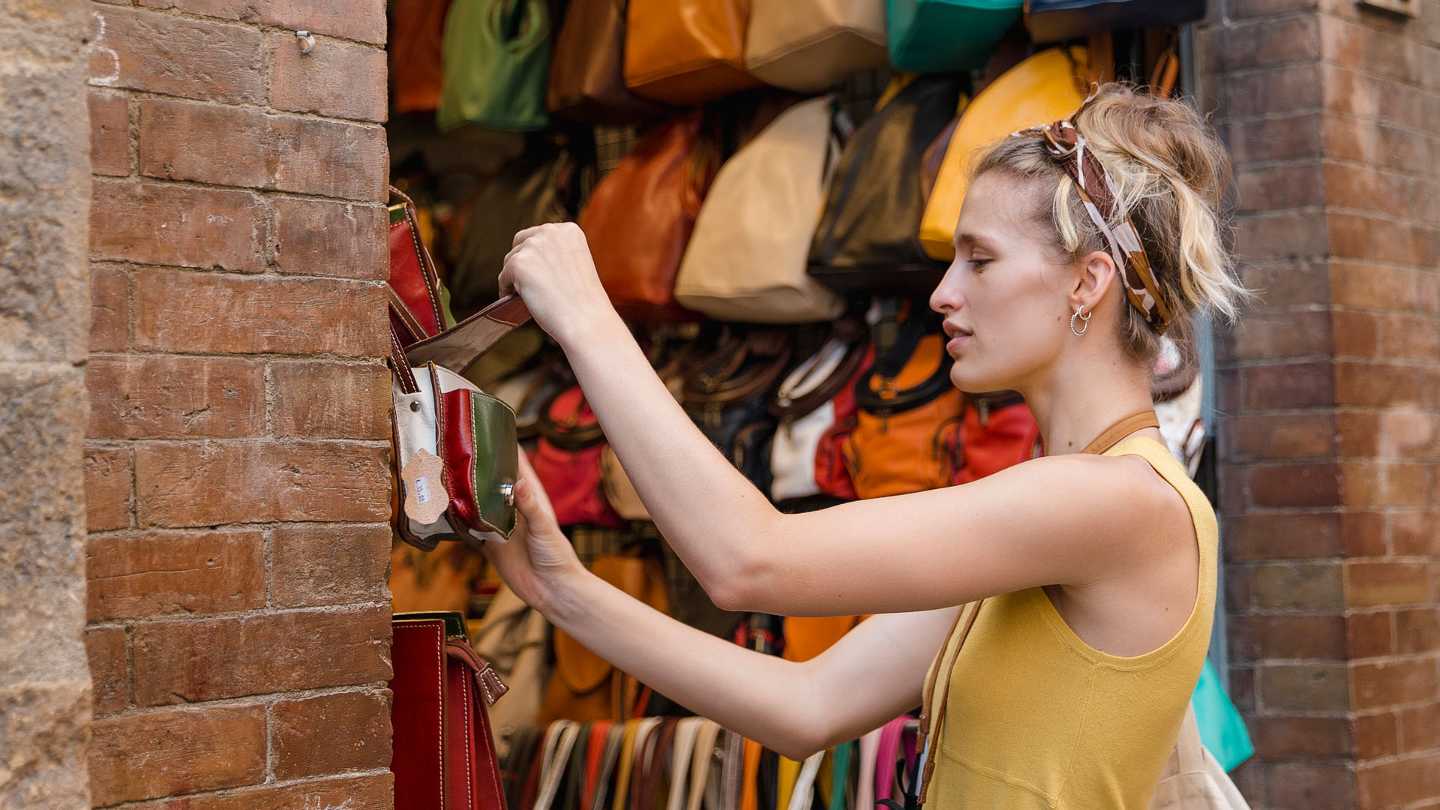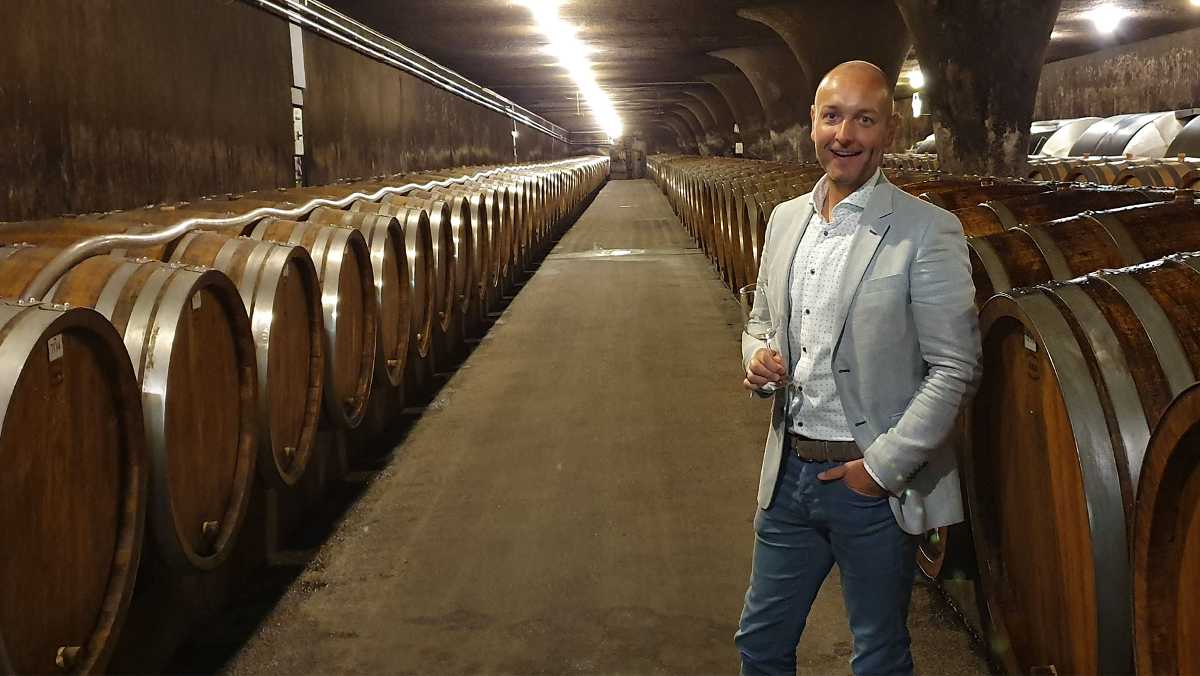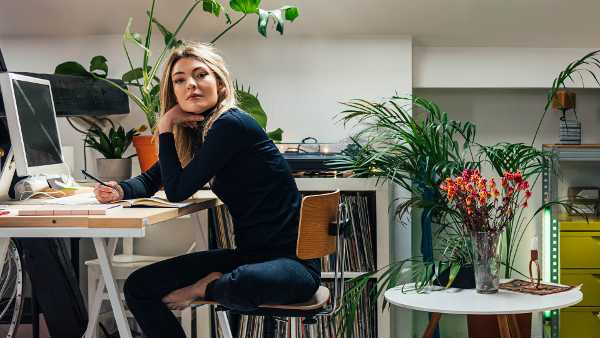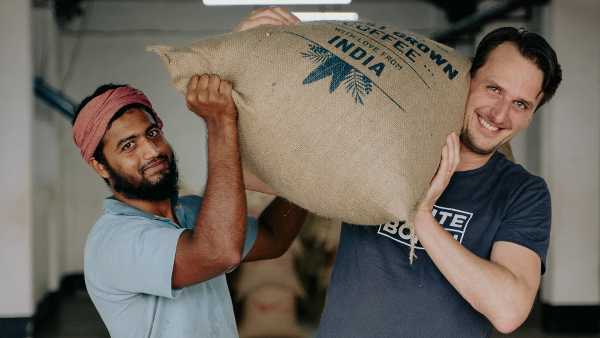Starting to import after holidays: 'Nice idea is not enough'

- Rinke den Os
- Background
- 24 October 2025
- Edited 25 April 2025
- 2 min
- Starting, Managing and growing
- International
The finest wine, flavourful olive oil, handmade tableware, bags and clothes. In foreign countries, you sometimes come across something that makes you think: why do we not have this in the Netherlands? The idea for your own business often comes up on holiday. But a good idea is often not enough.
"I was on holiday in Ghana with my husband. I had just lost my job and really just wanted to rest," Altagracia Kotzebue recalls. "But when I saw the women there working with shea butter and all-natural cosmetics, I became inspired."
It was the start of her own business Urban Africa Naturals. In addition to an online shop for individuals, Kotzebue now has a wholesale business for corporate customers.
When your holiday dream becomes your business
Every year during and after the summer, new 'dreamers' report to the KVK Advice Team. They ask questions about importing products they have seen or tasted during a holiday. "Olive oil and wine are good examples," entrepreneur adviser Jacob van der Vis knows. "But also clothing, bags, rugs. Often somewhat artisanal products."
‘Recover all costs’
But not every holiday dream becomes a success. There are good plans, but also many people who have no idea of the opportunities and risks. Some 80% of starters do not make ends meet with their business within the first five years. "Sometimes my job is to be very critical. A nice idea is usually not enough. Then someone is very enthusiastic, but has not yet thought about transport, insurance or import duties. All those costs you have to recover."
Many people have no idea of the opportunities and risks
What is often forgotten: your own salary. Maybe you can accept that you will earn nothing in the first year, but what do you do if that is still the case after three years? In the end, you do want to earn some money.
Tessa Versteeg started her DIA Living after a holiday. She brought 60 kilos of home accessories from Marrakesh to the Netherlands. On Instagram, she had already posted some photos and received many positive reactions. "After that, I continued to transport in trucks. The business only got bigger. So then I had to switch to sea transport."
Video: Import transport and clearance: 'Complicated!'
From then on, Versteeg chose to work with a forwarding agent. Things had already gone wrong occasionally and she wanted to avoid that in future. "There's just a lot involved in importing. Then it's nice not to have to worry about things like transport and customs clearance."
Risks
Risks are also often underestimated. "Electronics have to be safe. Food should not make your customers sick. If you bring a product from outside the onto the European market, as an importer you are also responsible for that," Van der Vis explains.
There are also success stories. People who already have a business, for example, sometimes discover new opportunities abroad. "But also starters who have been thinking about their plan for a bit longer. They realise that not everyone likes the same products. And that a wine tastes different without the Spanish sun and paella. They start a bit smaller and build it up slowly."
This is also the advice Van der Vis often gives to people who spontaneously want to start a business. "Try it first. Don't quit your job yet. Ask for samples or order some small quantities. Just see if there is demand and how you like it."
Part-time entrepreneurship
Erik Hobé chose that path. He continued working for his boss while also setting up his own small-scale wine business. "I consciously chose to supply wine to the catering industry and not to consumers. Then you have to set up an online shop and pack and send packages after work every day. I work five days a week as a logistics account manager at Friesland Campina. I wanted to do this on the side. First we had to see whether I liked it and whether it would catch on."

Hobé still enjoys it. But doing business is not always easy. By now, he hoped to work one day less for 'the boss' to earn his money with wine. That plan has not yet succeeded. "I earn enough with wine to have a good dinner out a few times a year, but not enough yet to give up hours at work," he says. For now, Hobé sees wine importing as a hobby that brings in money
Want to know if your plan is likely to succeed? And what steps you still need to take for a successful start? Contact the KVK Advice Team: 088 585 22 22.

